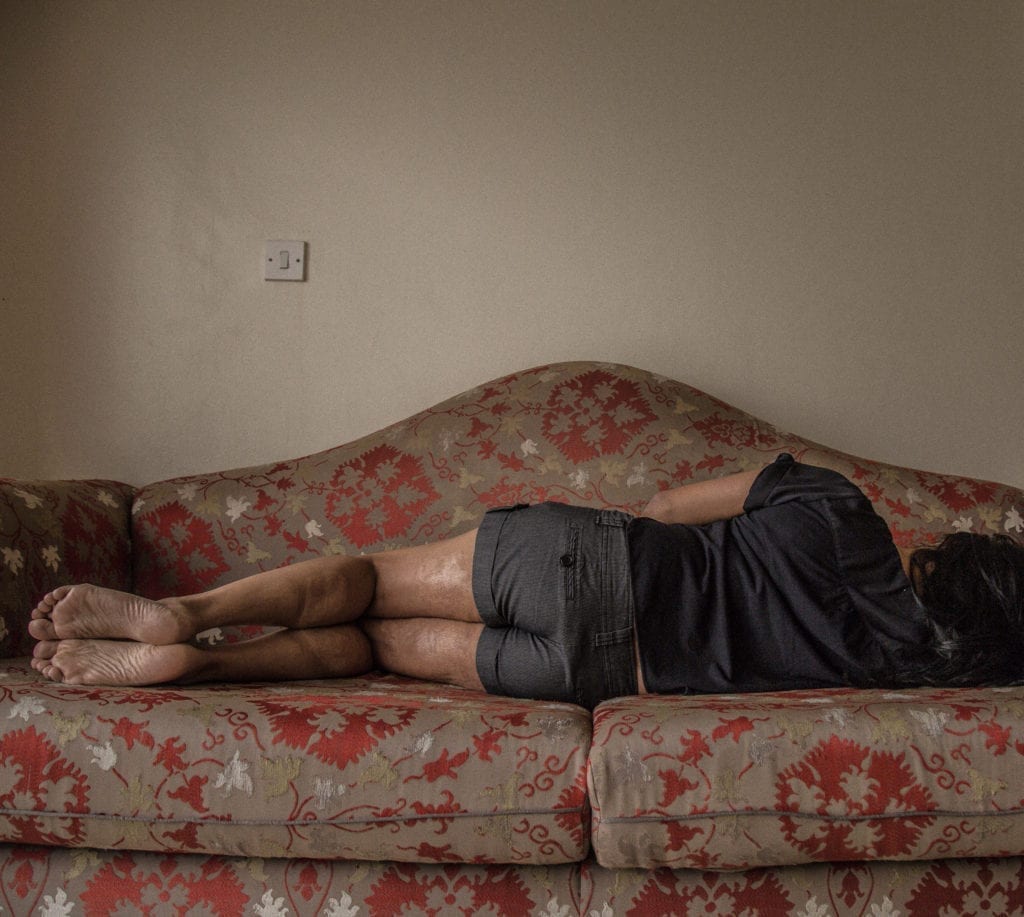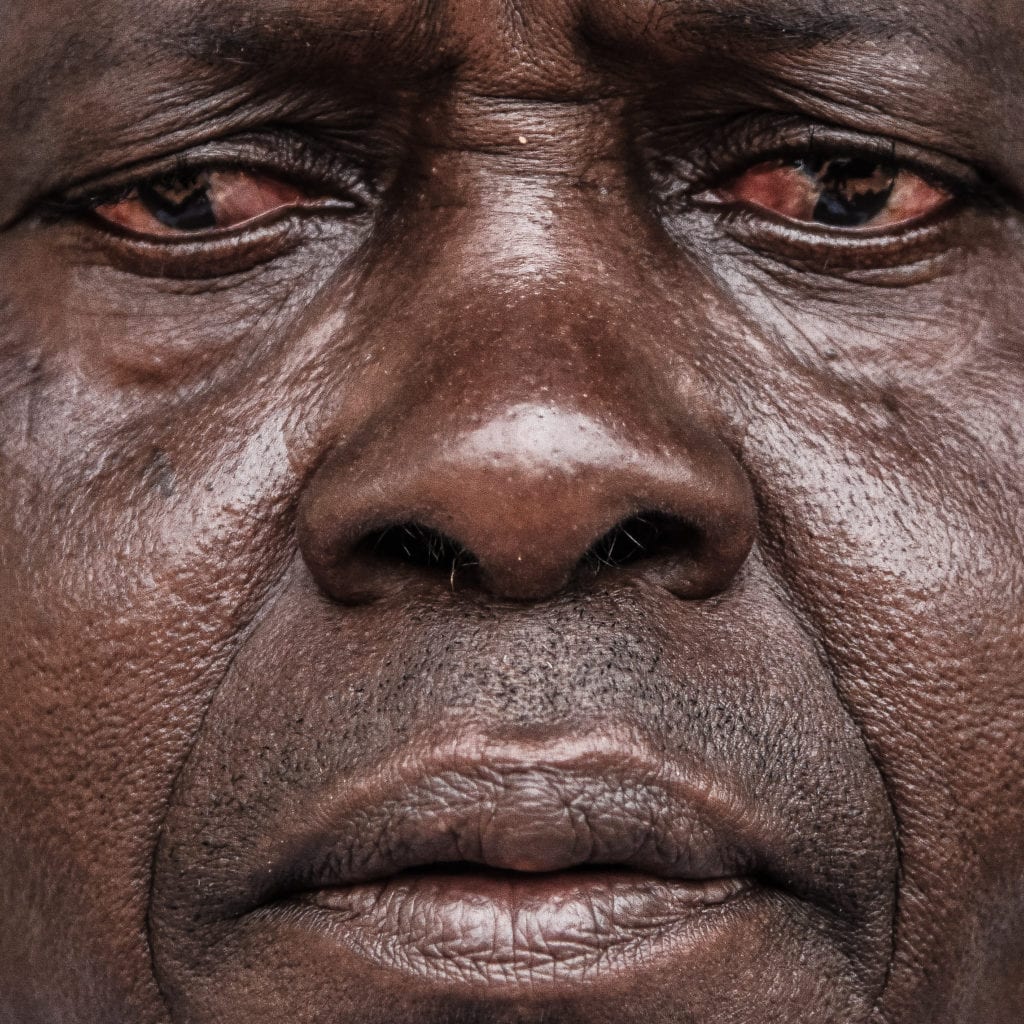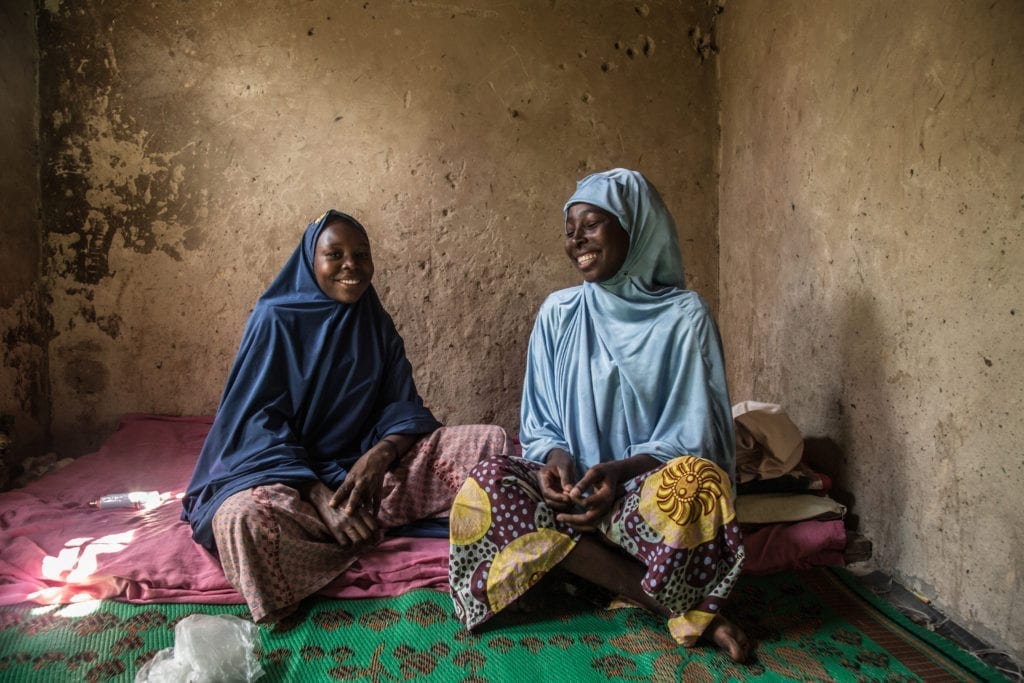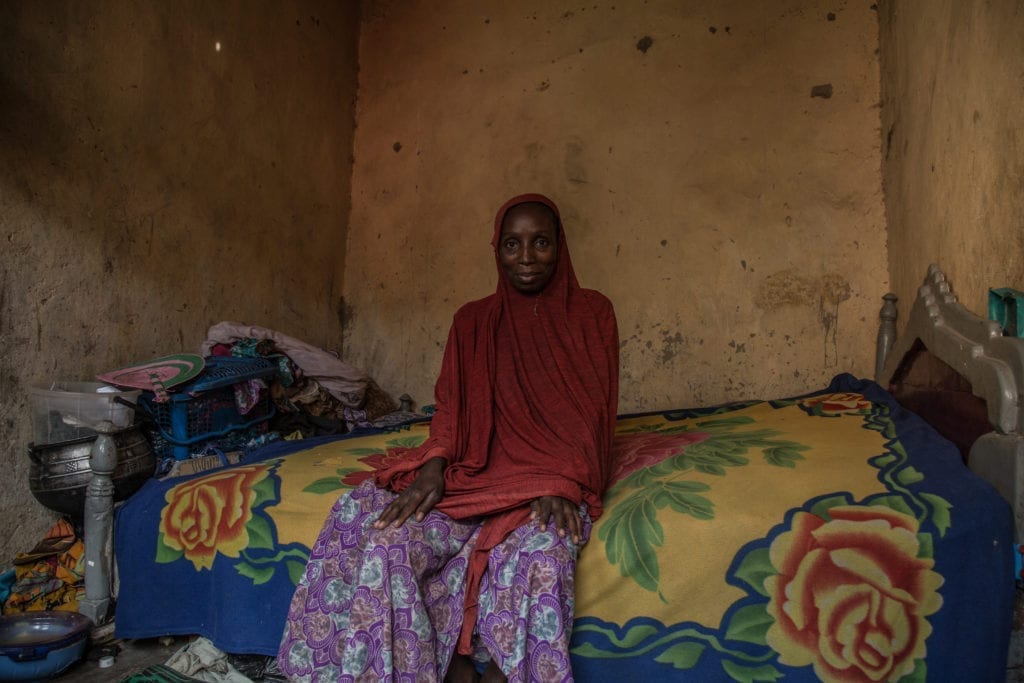“I became exposed to this completely different environment,” says Yagazie Emezi, speaking of her experience moving from Nigeria to the US. Having spent her whole life in Nigeria the photographer relocated to the US when she was 16 years old to study. The experience proved formative and has since become the focus of many of her photographic projects.
“My work always stems from something personal,” says Emezi. This rings particularly true in the series Process of Re-learning Bodies, an ongoing project in which she explores the process by which people reclaim their bodies after becoming physically scarred. Looking at the fragility and endurance of the human form, and the acceptance of self within African communities, the project seeks to understand the emotional implications of being scarred, and how factors such as community, environment, and socioeconomic class can influence an individual’s psychological adjustment to their new, scarred bodies.
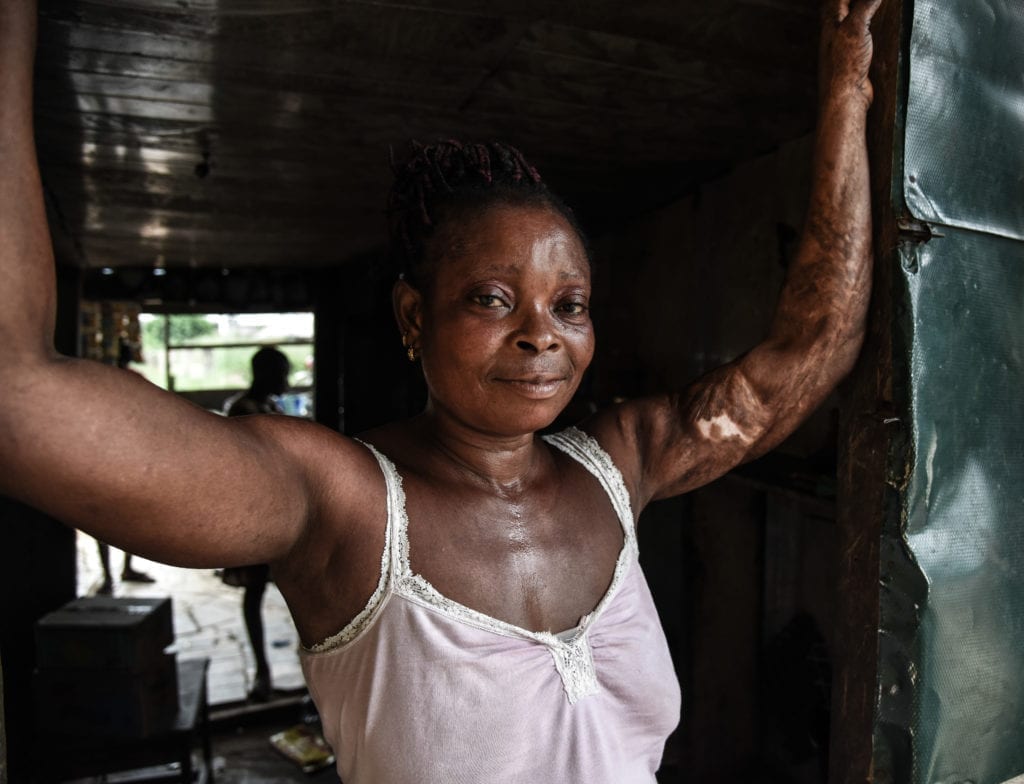
“I have a very visible scar on my leg,” says Emezi. “Growing up in my hometown in Nigeria, I wasn’t self-conscious about the scar, because I was in a community where people would exclaim when they saw it.” On moving to the US however, Emezi noticed that people would stare at the scar, without verbally acknowledging it. “That reaction made me feel much more as though there was something wrong with me,” she says. “My 16-year-old brain decided that the best thing to do would be to cover up the scar for the next couple of years.”
On returning to Nigeria, Emezi became interested in how people approach and come to terms with their scarring based on the response from their communities, and their own position within them. “It is actually quite complicated,” she explains. “It has a lot to do with socio-economic class.” She noticed that farm labourers, for example, tended to resign themselves to their scarring, aware that there was little to be done and being unable to conceal the markings while they work in the heat. “There is a difference, though, between resignation and acceptance,” says Emezi. In higher income families, for example, Emezi noticed a resistance to even acknowledging scars, waiting instead for the opportunity to operate on and remove them.
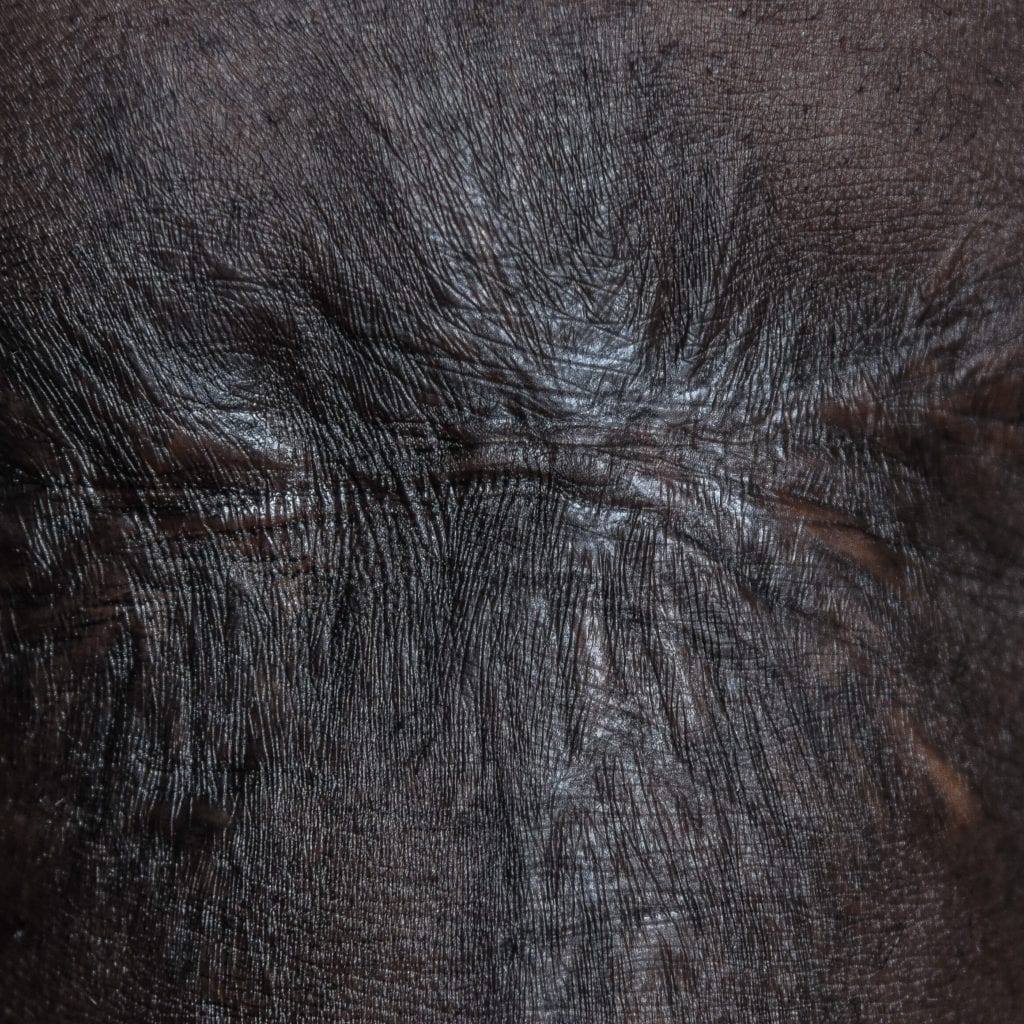
Emezi’s other work is concerned with global beauty standards, and similarly stems from her time living in the US, exploring how African women are often othered in the West. “Travelling made me realise that the women I grew up around were not considered to be beautiful,” she says. Today her work – be it editorial or personal –– considers how African women are often viewed first as African, before being a woman: “People look at my images and say ‘oh that’s beautiful’, but it’s really not from the standpoint of seeing a woman first,” she says. This is an issue that she is continually attempting to address.
Female in Focus is calling for exceptional photography by women. Want to win a group show at United Photo Industries Gallery in New York? Apply today!
